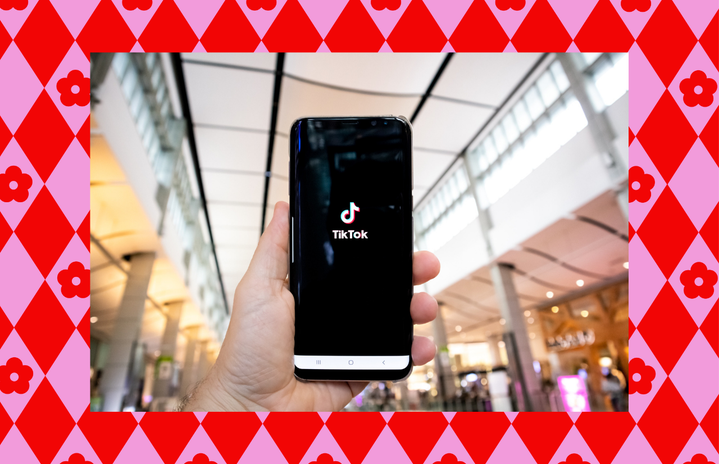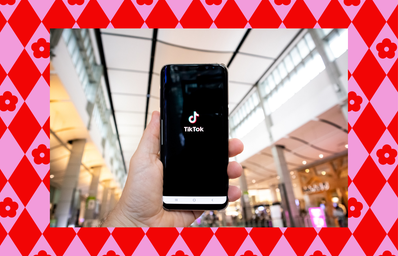TikTok’s taking over!
TikTok has transcended its role as a simple social media app and has now turned into a global cultural powerhouse. With millions of users across diverse age groups and demographics, the platform has become a vital player in shaping contemporary pop culture. In just a few years, TikTok has not only influenced dance and music but has also set the tone for fashion, humour, language, and even social activism. Its omnipresence in everyday life is proof of its impact, making it a catalyst for global trends and an essential reference point for understanding today’s pop culture landscape.
Launched globally in 2017, the platform initially appealed to younger audiences through its short, easily digestible videos. However, its easy-to-use editing tools, seamless integration of music, and the ability to go viral quickly attracted a broader audience, propelling TikTok into the mainstream. Unlike many other social platforms, TikTok’s unique algorithm allows even lesser-known creators to experience viral success, making it an accessible and powerful tool for shaping new and original trends.
It has furled a shift in how music becomes popular (through user-generated content rather than traditional marketing channels) and this underscores TikTok’s transformative effect on the music industry. Artists now actively consider TikTok’s potential when producing music, knowing that a viral video could be the difference between a sleeper hit and a chart-topping sensation.
Another impact from the app is its tendency to introduce new phrases and slang which end up dominating today’s conversations. What makes TikTok’s impact on language so powerful is its rapid dissemination. A catchphrase or joke that resonates within a sub-community can quickly gain traction and spread across millions of users, eventually infiltrating mainstream conversations.
Not only music and language, TikTok has become the new frontier of marketing. With its immense reach and highly engaged user base, it has become a goldmine for brands looking to connect with consumers. One successful example is the brand Guess, which launched the #InMyDenim challenge, encouraging users to show off their denim transformations. This not only promoted the brand but also engaged users in a creative way, driving brand awareness and engagement. Many brands are now building entire marketing strategies around TikTok, recognizing that the platform offers an unparalleled opportunity to reach younger audiences.
Moreover, while TikTok is most often associated with light-hearted content, its influence extends into more serious areas as well. The platform has become a powerful tool for activism, giving voice to individuals and groups advocating for social justice, environmental issues, and political change. Users frequently engage in discussions about racism, climate change, LGBTQ+ rights, and mental health, often using the platform to raise awareness or spark change. One of the most notable examples of TikTok’s activist power was during the 2020 Black Lives Matter movement. Videos educating users about systemic racism, police brutality, and the importance of allyship went viral, helping to spread awareness globally. Similarly, TikTok played a role in encouraging political engagement during elections, with users sharing information on voting and using humour to critique political figures.
These examples are barely scraping the surface of TikTok’s influence on pop culture. It has reshaped the way music is discovered, how fashion trends emerge, how humour and language evolve, and how people engage with social and political issues. The platform has democratized the creation and dissemination of trends, giving everyone – from everyday users to established artists and brands – a voice in shaping the cultural landscape. Either way, TikTok has become much more than a social media platform.


